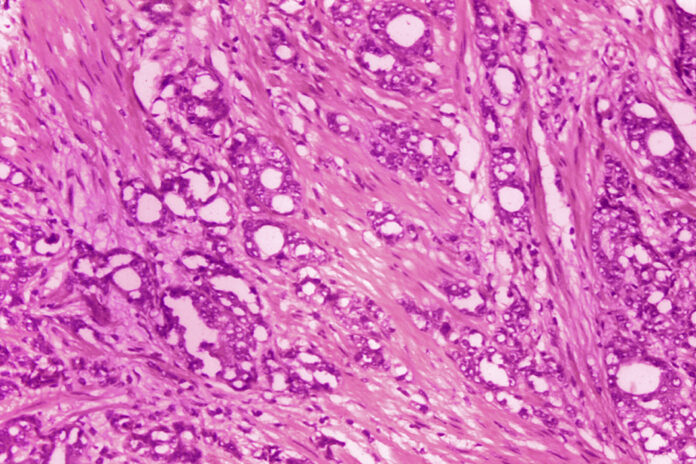(Montreal) Analyzing the genetic profile of 13,500 families affected by unexplained diseases allowed British researchers to finally provide a diagnosis to 5,500 of them ― and, along the way, to identify sixty new genetic diseases hitherto unknown.
Most of these new diseases did not arise from a genetic problem inherited from the parents, but rather from an anomaly that occurred during the development of the fetus.
While the number of new conditions identified may seem impressive, it really highlights the power of genomic technology when the effort is devoted to it, said Dr. Don Vinh, who leads the Rare Diseases Consortium at the MUHC and works at the creation of a pan-provincial research network.
“It’s not a technology that’s in the future, we’ve had it for years,” added Dr. Vinh, who was also part of the original working group and then the rare disease advisory committee of the Government of Quebec.
“It demonstrates that it can be used in real contexts, that is to say with people who have undiagnosed conditions, to discover new genetic, human conditions, and that is very impressive. »
About a quarter of the children involved in this study saw their treatment changed after the diagnosis.
The results were published by the prestigious New England Journal of Medicine.
This study debunks the myth ― “completely false”, said Dr. Vinh ― that a rare disease is not important because it only affects a few people on the surface of the planet.
“Whether the disease is rare or common, when you’re sick, that’s all that matters to us,” he said.
In the absence of a clear diagnosis, and sometimes faced with an illness “out of the medical books”, healthcare professionals will try different strategies to alleviate the patient’s symptoms. This trial and error approach will often, at best, only generate a temporary, even futile or even dangerous solution, Dr. Vinh admitted.
“We can now tell them, here you are, you have disease X, because the gene X or Y has a defect, explained the specialist. It reinforces that they have a real condition and it gives them validation. »
The challenge then will be to find those babies whose problem is not the result of a faulty gene passed down from one of the parents, what doctors call “de novo mutations”.
Of course, not all fetuses will be screened, and we will probably have to focus on health problems that will benefit as many people as possible. Quebecers can still be happy to live in a province that has a significant head start on this subject compared to the other provinces and territories in Canada, underlined Dr. Vinh.
“I can assure you that the Government of Quebec is making conscious efforts to address rare diseases across the province,” he said. Quebec is truly at the forefront. What we read in the (New England Journal of Medicine) is exactly what we want to do here in the next few years. »


















